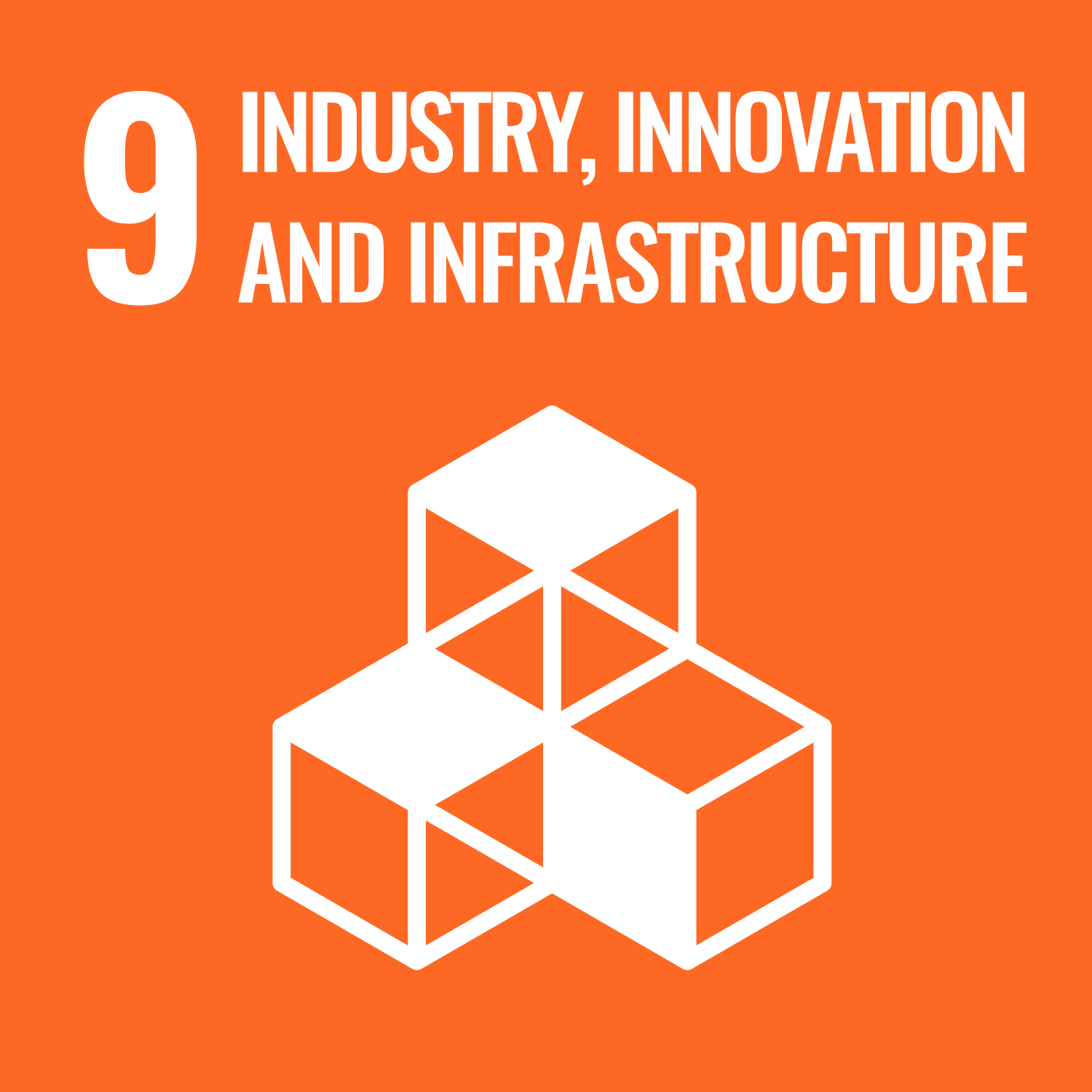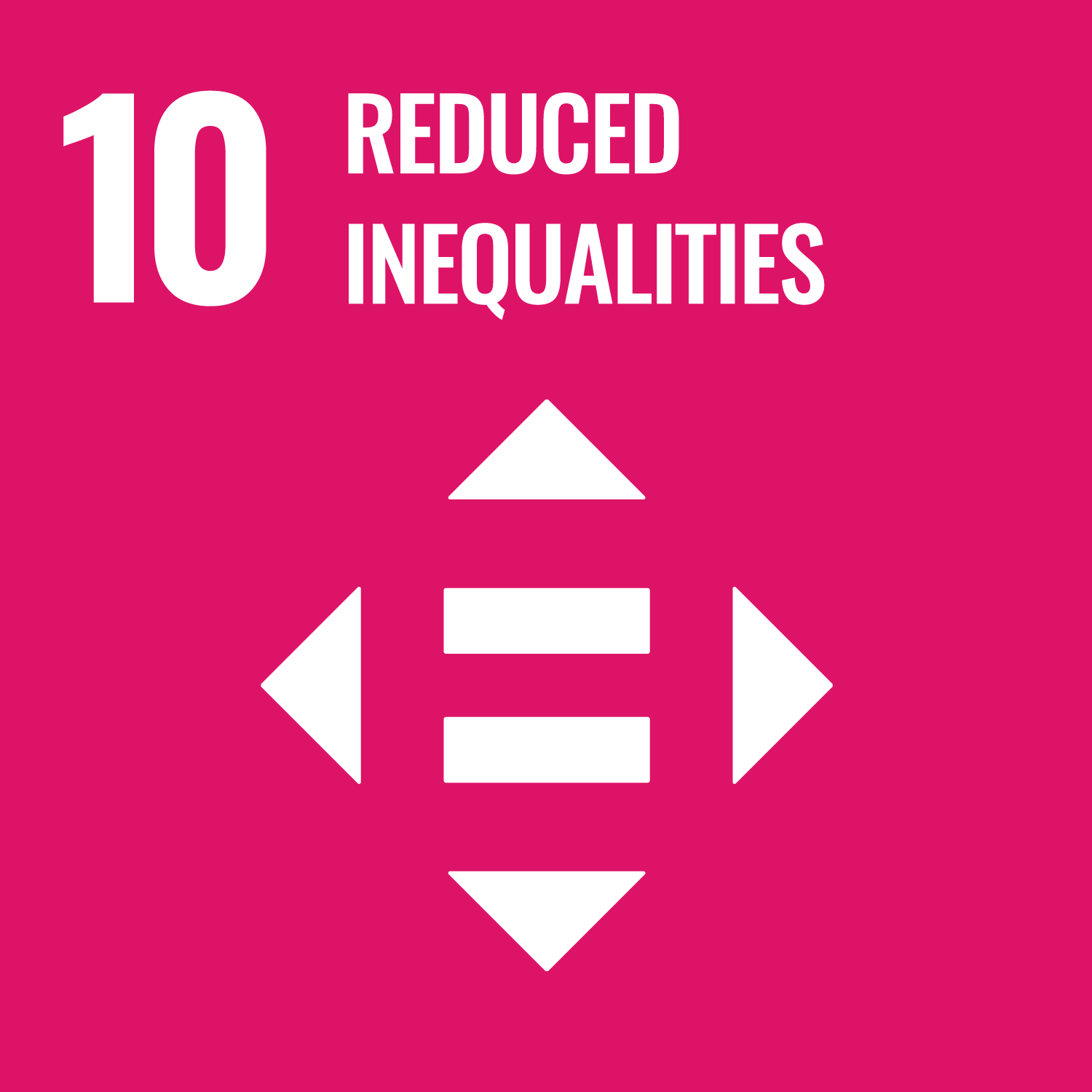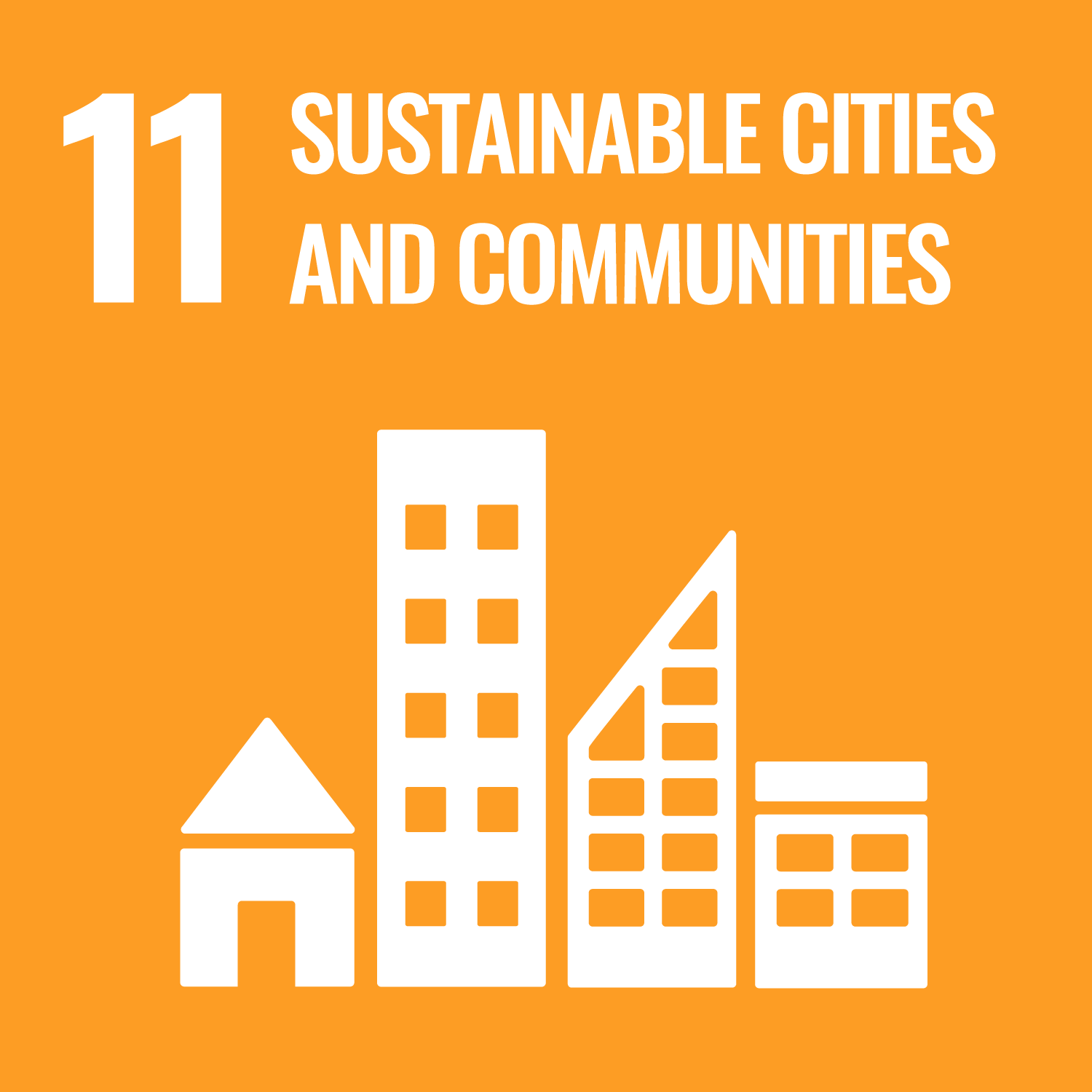ORCID
- Sarah Ann Buckingham: 0000-0003-2215-5516
Abstract
Background: In an era in which digital communication technologies play a pivotal role in everyday life, social housing residents remain highly susceptible to digital exclusion. Objective: This study aims to evaluate the feasibility and acceptability of a telephone-based training intervention designed to empower people to confidently use digital communication technologies (ie, video calls and web-based messaging). Methods: Conducted in collaboration with a UK social housing association, the intervention was facilitated by a unitary authority’s Digital Inclusion Team during the COVID-19 pandemic. A mixed methods approach was used, encompassing quantitative and qualitative data collection on demand, reach, implementation, and potential outcomes. Demographic and qualitative data on the reasons for undertaking or not undertaking the training were collected via telephone interviews during the recruitment process. Digital competency and well-being data were collected via a self-reported survey before and after the intervention. Results: Among the 4485 residents who were offered training, 67 (1.49%) expressed interest, of whom 12 (18%) of the 67 completed the training. The findings indicate a demand for basic digital training among social housing residents. The key findings revolve around the substantial dropout rate among those who were interested in undertaking the training. Barriers were strongly influenced by socioeconomic and health circumstances, reflecting the sociodigital inequalities commonly found in this group. For the training participants, the intervention was acceptable and achieved its goals, demonstrating the potential of tailored, persistent training efforts in overcoming barriers. There were no changes in self-reported well-being or digital competency outcomes (but this was limited by the small sample size). Conclusions: Sociodigital inequalities impact the reach, implementation, and acceptability of telephone-based digital training for social housing residents. Barriers to reaching and training digitally excluded groups can be overcome through the use of trusted intermediaries, personalized recruitment approaches, the minimization of administrative barriers, and tailored and agile training programs. Recognizing the resource-intensive nature of such initiatives, this study calls for enhanced recognition of intermediary efforts in national digital inclusion policies.
DOI Link
Publication Date
2024-01-26
Publication Title
JMIR Formative Research
Volume
8
Issue
1
Acceptance Date
2023-11-20
Deposit Date
2024-11-11
Additional Links
Keywords
acceptability, communication technologies, digital training, feasibility, mobile phone, social housing, sociodigital inequalities, telephone-based
Recommended Citation
Walker, T., Buckingham, S., Poole, R., Elliott, L., Menneer, T., Tu, G., & Morrissey, K. (2024) 'Telephone-Based Training Intervention for Using Digital Communication Technologies for Social Housing Residents During the COVID-19 Pandemic: Mixed Methods Feasibility and Acceptability Evaluation', JMIR Formative Research, 8(1). Available at: 10.2196/45506




